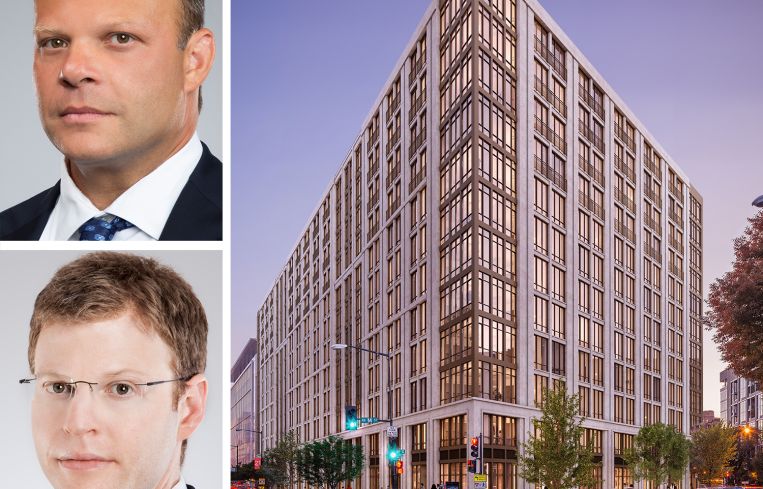Post Brothers Secures Approval for D.C. Office-to-Resi Project
By Nick Trombola October 15, 2024 4:49 pm
reprints
Many office buildings in Washington, D.C., are primed for residential conversions amid exorbitant vacancy rates, with Post Brothers as the latest developer to get the green light to make such a transformation.
The Philadelphia-based firm has secured approval from the D.C. Board of Zoning Adjustment to convert an eight-story, 301,347-square-foot property at 2100 M Street NW into a 400-unit apartment building in the District’s West End.
Post Brothers, which specializes in office-to-residential conversions, plans to add five stories and a penthouse, together totaling about 100,000 square feet, along with more than 20,000 square feet of retail space, according to the Business Journals.
Post Brothers acquired the building in May 2023 for $66.8 million from a joint venture of Network Realty Partners and Meadow Partners, per the Business Journals. The sale was a hefty discount from the $92.5 million that the JV spent on the building in 2019, extending a common trend in the District these days as office properties rapidly lose their value.
Meanwhile, Post Brothers is also in the midst of converting a two-building complex at 1825 and 1875 Connecticut Avenue NW, which it acquired in 2022 from JBG Smith. Post Brothers plans to transform the 700,000-square-foot complex, dubbed Universal North and South, into roughly 600 residential units, the largest office-to-resi conversion project in Washington, D.C., per the Business Journals.
The District is attempting to entice even more conversion projects as it faces an office vacancy rate of nearly 22 percent, according to a recent market report by Cushman & Wakefield. Mayor Muriel Bowser in March announced a 20-year tax abatement for office-to-resi conversions through 2028, which Bowser’s administration hopes will help bring some 13,500 new residents to the city by that year. Post Brothers plans to use the abatement for its Connecticut Avenue project, but not the M Street project, said Matt Pestronk, co-founder and president of Post Brothers.
Despite D.C.’s high office vacancy, Pestronk told Commercial Observer that the cost associated with converting many of the District’s office buildings into residential use is a high barrier to entry for other developers.
“Office-to-residential requires seeing a building as no longer viable for office use,” Pestronk said. “The office market [in D.C.] doesn’t yet have a lot of investors chasing every opportunity … but if someone can spend less [by keeping an office building as is] and get the same return, they’re probably going to do that.”
Nick Trombola can be reached at ntrombola@commercialobserver.com.



